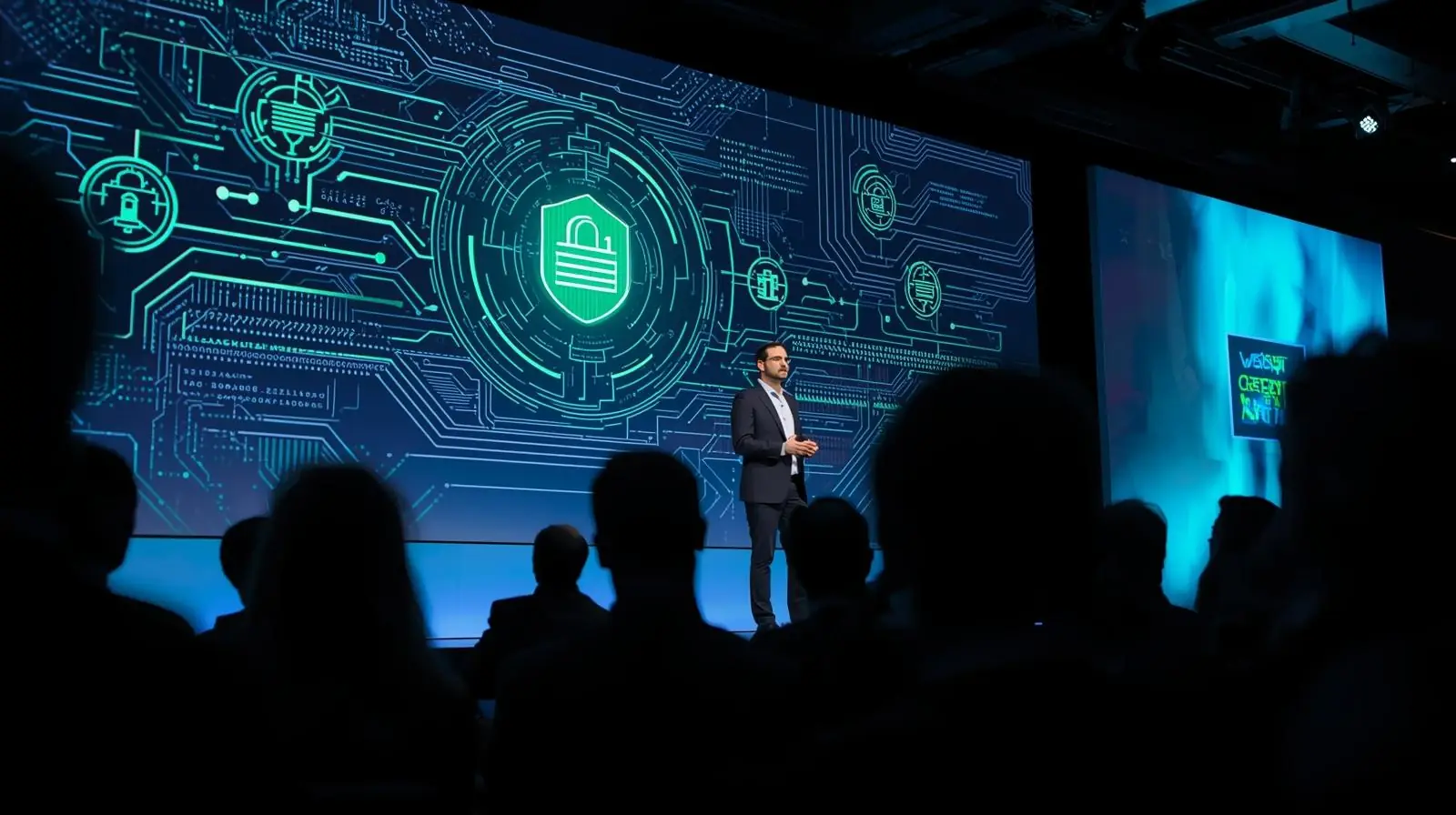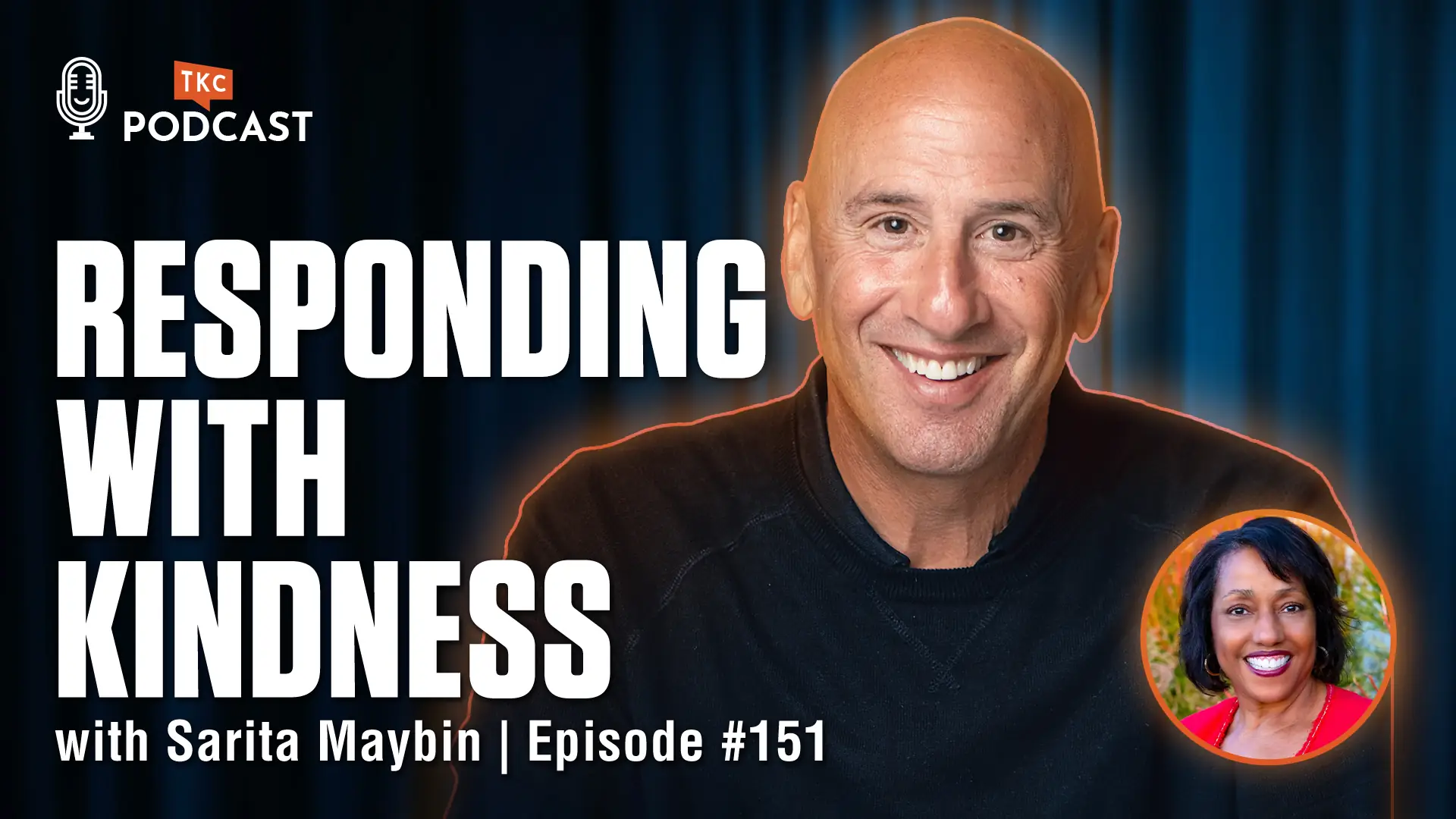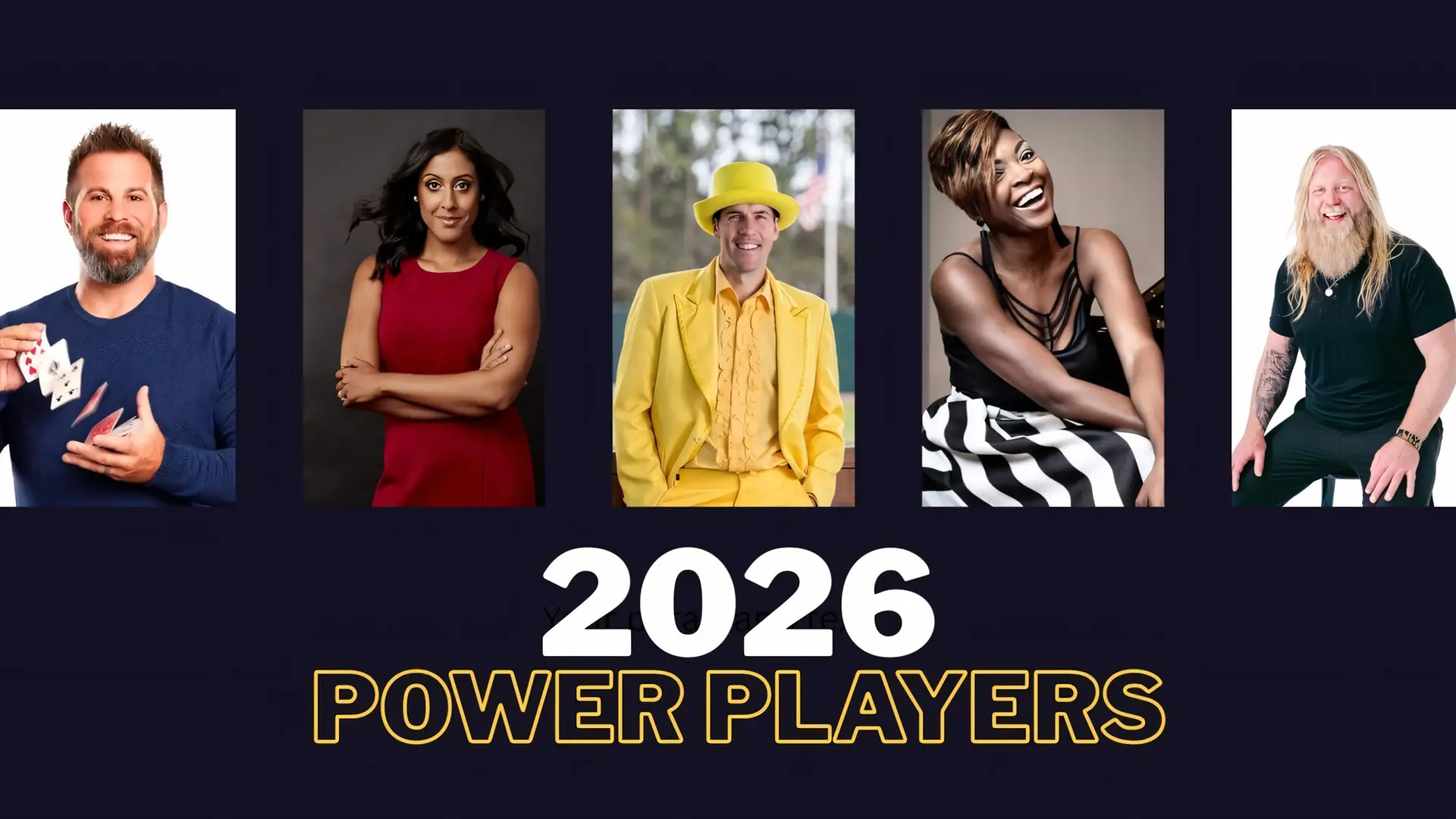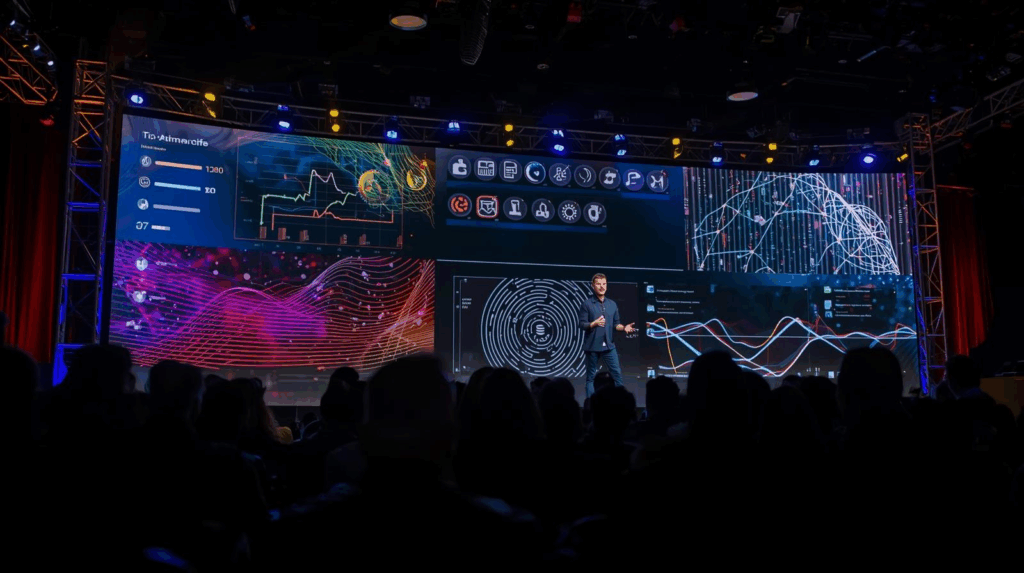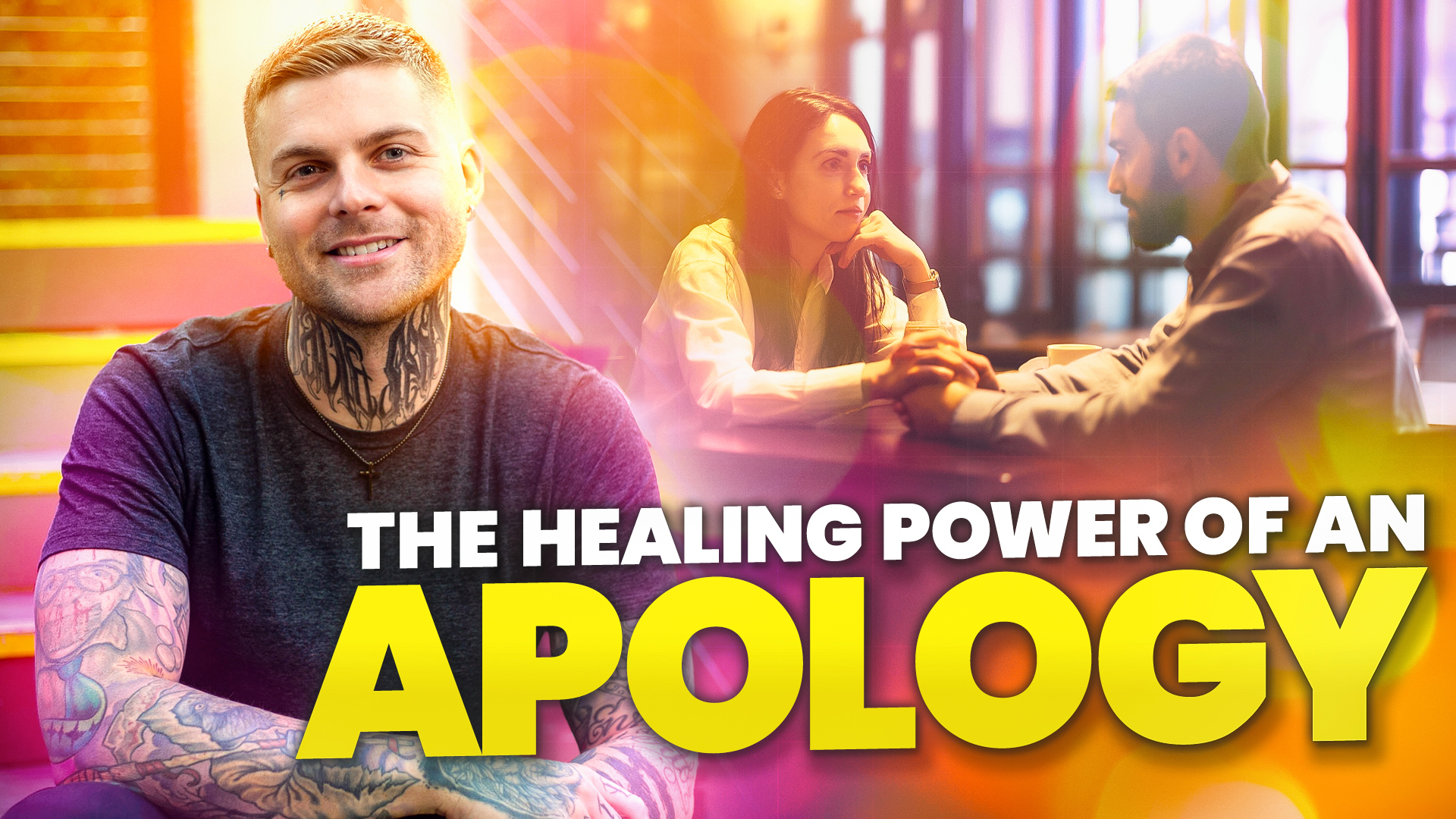
May 30, 2025How a Simple Apology Can Spark Healing and Mental Health Conversations
Learn how a heartfelt apology shared by Johnny Crowder can help you break stigma and ignite life-changing conversations about mental health and self-compassion.
Imagine if a single, mental health–focused apology could dismantle stigma, validate someone’s pain, and launch healing conversations that change lives.
That’s the power in this clip from our podcast with real-life mental health entrepreneur and company culture expert Johnny Crowder, founder and CEO of Cope Notes. As a trauma survivor, Johnny brings practical self-care tools and mindfulness strategies that anyone can apply immediately to rewire their brain for positivity and resilience.
Below, we expand this conversation into a comprehensive exploration—over 2,000 words—on why mental wellness matters, how apology rituals foster healing, techniques for self-compassion, reconciling with those who never apologized to us, and building workplaces that honor health & well-being every day.
Why Mental Health Is a Strategic Concern for Everyone
Mental health isn’t a niche topic—it’s a cornerstone of personal fulfillment and organizational performance. Poor mental well-being costs the global economy an estimated USD $1 trillion annually in lost productivity. Conversely, companies that prioritize mental health see improved employee engagement, reduced turnover, and enhanced business leadership outcomes.
The Personal Toll of Ignoring Mental Health
Left unaddressed, anxiety, depression, addiction, and burnout erode:
- Cognitive Function: Chronic stress impairs memory, decision-making, and creative problem-solving.
- Physical Health: Mental and physical health are interlinked. Depression increases risk for cardiovascular disease.
- Relationships: Unmanaged mental health issues strain personal and professional bonds, leading to isolation.
The Organizational Imperative
Leaders who champion mental wellness unlock:
- Higher Productivity: A psychologically safe environment boosts focus and innovation.
- Talent Retention: Workers stay where they feel seen, supported, and valued.
- Positive Culture: Empathy-driven policies foster a culture of trust and collaboration.
By viewing mental health as a strategic priority—integrating communication, training, and policies—organizations can outperform competitors and cultivate loyal, high-performing teams.
How a Heartfelt Apology Breaks the Stigma Barrier
Stigma thrives in silence. Apologizing for past dismissals of mental health challenges is a powerful way to:
- Acknowledge Harm: Validates the real pain caused by ignoring or minimizing struggles.
- Model Vulnerability: Demonstrates that even leaders can admit mistakes, fostering psychological safety.
- Ignite Dialogue: Creates a safe opening for others to share their stories without judgment.
What an Apology Ripple Looks Like
Johnny Crowder’s four-step “apology ripple” brings structure to empathy:
- Own It: “I’m sorry you weren’t met with empathy.”
- Invite: “What do you need right now?”
- Listen: Be fully present, suspending judgment.
- Follow Up: Check in later to show genuine care.
Each apology can become a catalyst, inspiring a chain reaction of empathy across personal and professional networks.
The Science of Apology and Healing
Neuroscience suggests that acknowledgment and validation can release oxytocin—the “trust hormone”—reducing the threat response in the amygdala. When someone hears “I’m sorry you suffered,” their brain shifts from defensive to receptive, enabling healing and openness.
Neurochemical Shifts
- Oxytocin Surge: Promotes social bonding and reduces stress markers.
- Cortisol Reduction: Lowers fight-or-flight activation, improving cognitive clarity.
- Prefrontal Activation: Enhances executive function, allowing reflective conversation instead of reactive confrontation.
By understanding these neural underpinnings, we appreciate why a simple apology can have disproportionately positive effects on mental well-being.
Making Peace with Yourself: The First Step to Healing
Often, we’re our own harshest critics. Before seeking apologies from others, integrating self-compassion is essential:
Why Self-Apology Matters
Acknowledging our own pain—“I’m sorry I haven’t given myself grace”—releases internalized shame. This self-apology:
- Normalizes vulnerability: Accepting personal struggles as part of being human.
- Encourages self-care: Prioritizing mental and physical well-being activities.
- Breaks perfectionism: Reduces the pressure to “have it all together.”
Techniques for Self-Compassion
- Mirror Work: Speak affirmations directly to yourself in the mirror—“I forgive myself for…”
- Journaling Apologies: Write a letter to yourself acknowledging unmet needs and promising gentler self-treatment.
- Mindful Self-Check-Ins: Schedule daily moments to name emotions without judgment and renew self-commitment.
Integrating these practices rewires neural pathways for kindness, creating a foundation for external reconciliation.
Reconciling with Others: When the Apology Never Came
Not everyone will apologize to us, even when they’ve hurt us deeply. Forgiveness isn’t condoning harm—it’s freeing ourselves from perpetual resentment.
The Psychology of Forgiveness
- Letting Go of Ruminative Loops: Forgiveness breaks repetitive negative thought cycles that fuel stress.
- Restoring Autonomy: Reclaims personal power rather than remaining stuck in victimhood.
- Promoting Well-Being: Studies link forgiveness with lower depression and better cardiovascular health.
Strategies to Forgive Without an Apology
- Perspective-Taking: Acknowledge the other’s context—stressors, personal limitations—without excusing behavior.
- Boundary Setting: Establish healthy limits with individuals who remain unrepentant.
- Ritual Release: Symbolic acts—burning a written grievance, releasing stones into water—can externalize and then let go of pain.
By making peace internally, we preempt the need for external validation and protect our resilience.
Building a Culture of Continuous Empathy
Embedding apology practices into organizational routines fosters enduring mental wellness:
Empathy Rituals
- Start Meetings with Check-Ins: A one-minute personal share builds collective empathy.
- Apology Boards: Digital or physical boards where any team member can post a brief apology and learning.
- Peer Listening Hours: Scheduled slots where employees volunteer as confidential listeners.
Training and Tools
- Empathy Workshops: Interactive sessions teaching active listening, compassionate language, and communication techniques.
- Wellness Platforms: Partner with inspirational & motivational content providers—like Johnny’s Cope Notes—to deliver daily micro-prompts.
- Mindfulness Apps: Encourage short guided meditations to center the team before high-pressure periods.
These structures normalize emotional vulnerability and maintain focus on health & well-being as a strategic asset.
The Role of Leadership in Modeling Apology and Self-Care
Leaders set the tone. When executives publicly acknowledge their mistakes and prioritize mental health, employees feel safe to do the same.
Public Vulnerability
- Hosts authentic “Lessons Learned” segments, where leaders share personal missteps and mental health insights.
- Records short videos or internal podcasts reflecting on stress and coping strategies, linking to Johnny’s TED Speakers talks.
Policy Alignment
- Offers dedicated mental health days separate from sick days.
- Implements flexible work policies, supporting work-life harmony and attitude shifts away from presenteeism.
This modeling reinforces that well-being is valued, not penalized.
Personal Development Beyond Apology
True growth blends apology with ongoing development:
Skill-Building
- Resilience Training: Workshops on emotional regulation, stress management, and adaptive thinking.
- Mindful Leadership Programs: Courses integrating neuroscience, mindfulness, and leadership practices.
Creative Outlets
- Music and Expression: Johnny blends his heavy metal background to show how music can process emotion and build community.
- Art Therapy Sessions: Nonverbal creativity as a tool for mental relief.
Diversifying personal growth strategies ensures a holistic approach to mental health.
Putting It All Into Practice: A 30-Day Apology Challenge
To turn theory into action, try Johnny’s 30-day program:
- Week 1: Internal apologies—self-reflection, mirror affirmations, journaling.
- Week 2: External apologies—reach out to one person daily you’ve inadvertently hurt or dismissed.
- Week 3: Empathy rituals—initiate two team check-ins, post an apology on the Apology Board, lead a listening hour.
- Week 4: Consolidation—share lessons learned, plan follow-up check-ins, integrate forgiveness rituals.
By month’s end, you’ll build neural pathways for empathy and normalize apology as a route to connection.
? Watch the full interview
? Book empathy expert and mental health keynote speaker Johnny Crowder
? Practice your apology mapping—Schedule a call today
✉️ Reach out anytime—email us today
A sincere apology can be more than words—it can spark a transformative ripple of mental wellness, healing, and resilient connection across entire communities. Take the first step today.
Discover More Insights
Get in TouchContact US
Fill out the form so we can best understand your needs.
A representative from The Keynote Curators will reach out to you.




